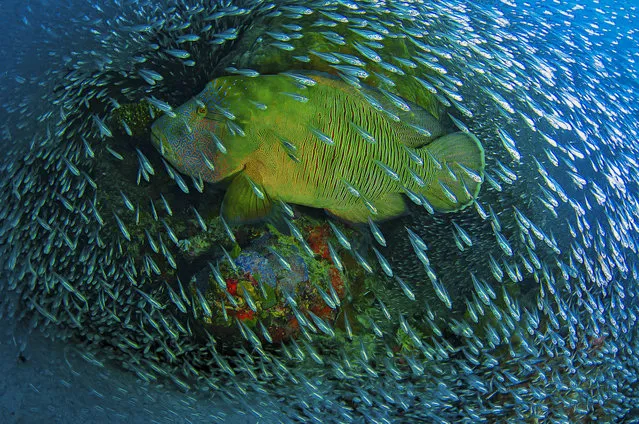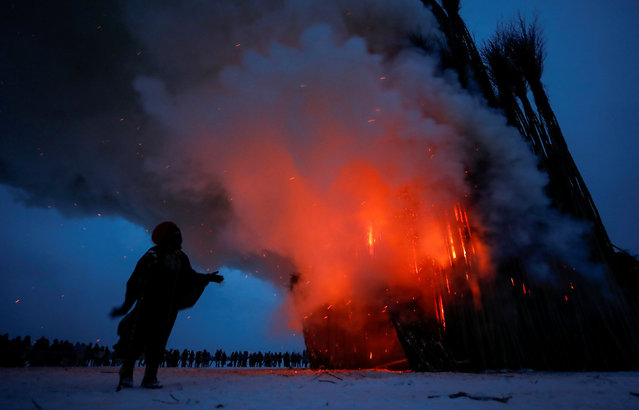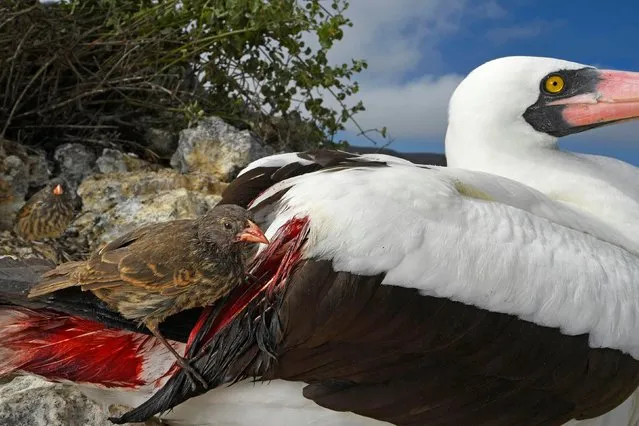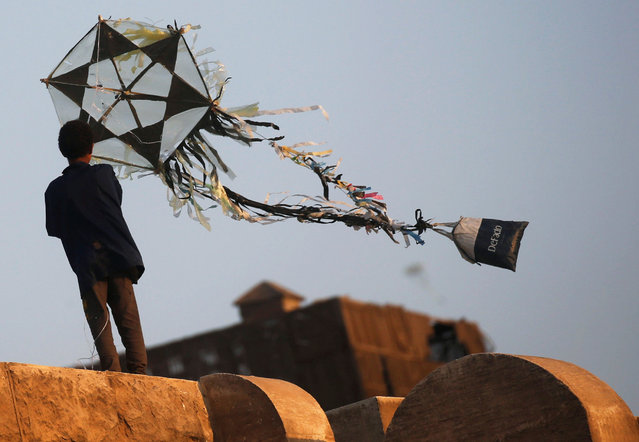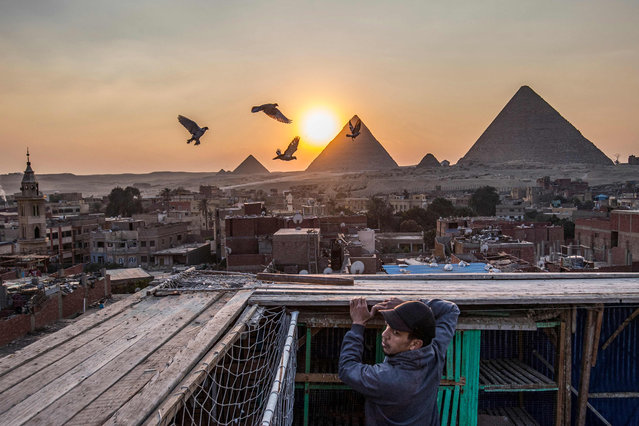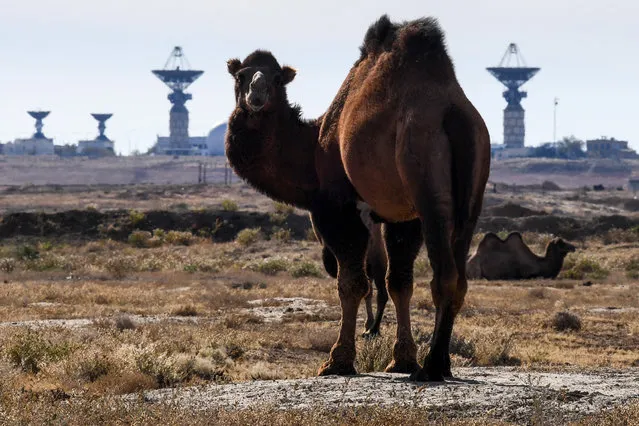
A camel is pictured in front of the Saturn tracking complex at the Russian-leased Baikonur cosmodrome in Kazakhstan on October 9, 2018. An astronaut and cosmonaut are due to travel to the ISS on October 11 aboard a Russian Soyuz MS-10 spacecraft from the Baikonur Cosmodrome in Kazakhstan. (Photo by Kirill Kudryavtsev/AFP Photo)
08 Feb 2019 00:01:00,post received
0 comments

